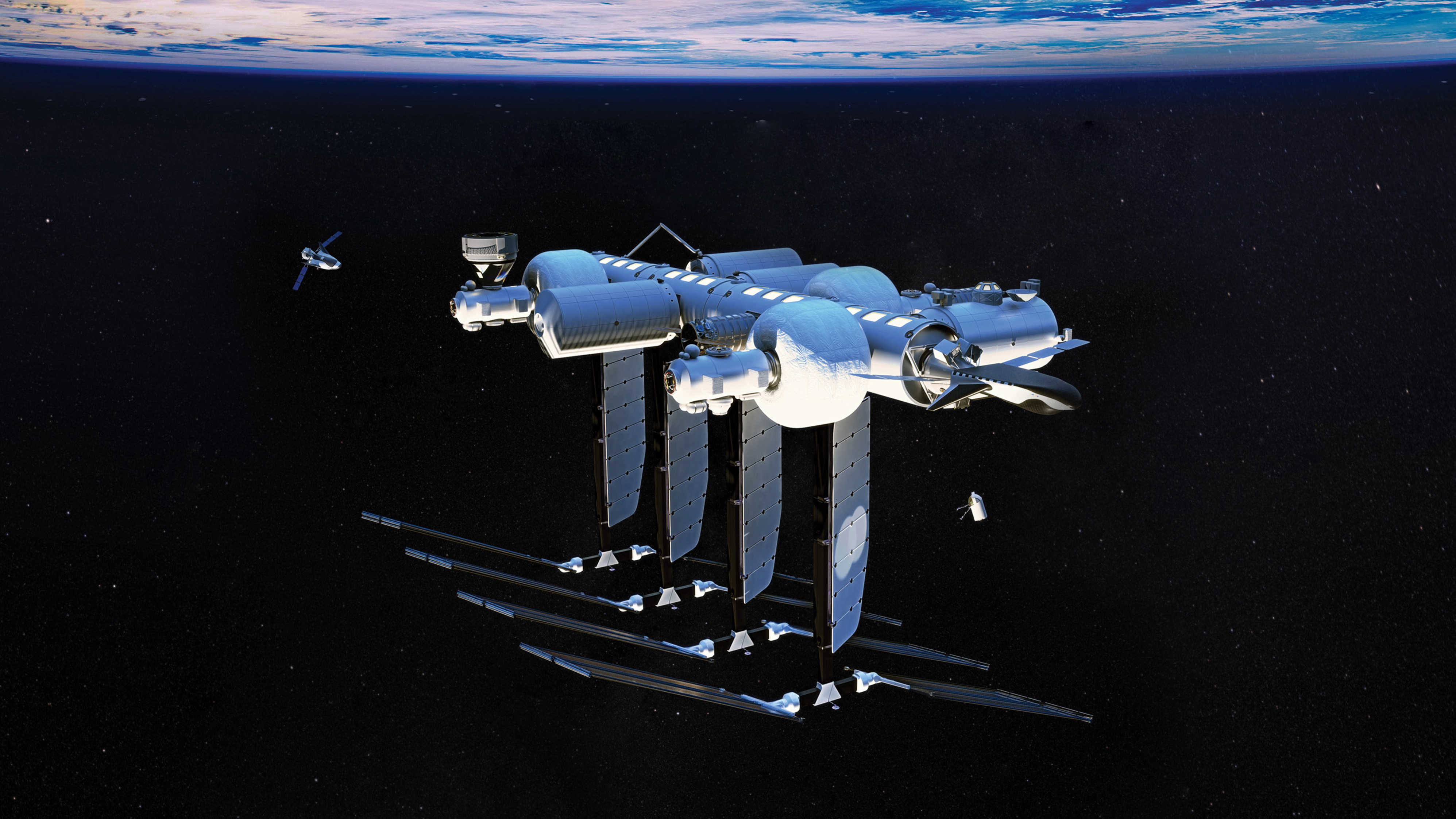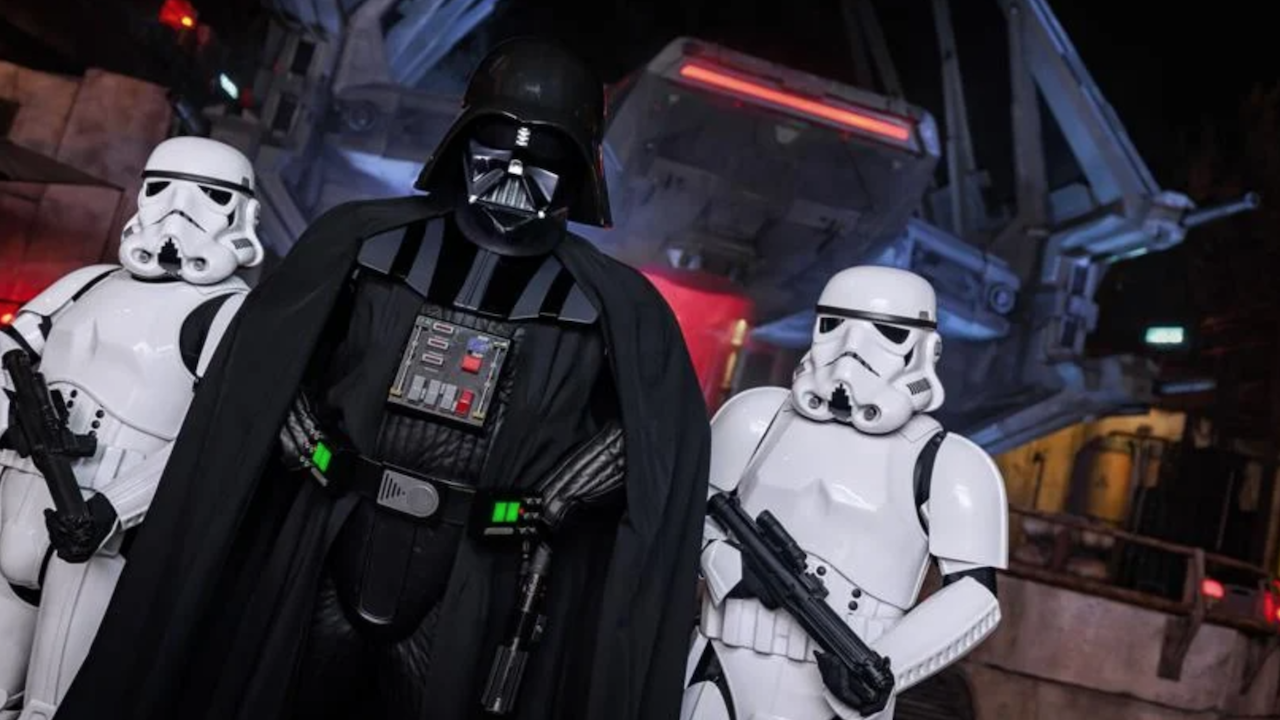Blue Origin's private Orbital Reef space station passes key design review

A private space station that Jeff Bezos' Blue Origin and other partners plan to build just cleared a hurdle on its path to orbit.
Orbital Reef — a project involving Blue Origin, Sierra Space, Boeing and a number of other companies and institutions — has passed its system definition review (SDR) with NASA, team members announced on Monday (Aug. 22).
The milestone shows that Orbital Reef's envisioned architecture is sound and clears the project to proceed further into the design phase.
Related: NASA awards $415 million for private space stations amid ISS transition questions
"This SDR moves Orbital Reef forward," Brent Sherwood, senior vice president of advanced development programs at Blue Origin, said in a statement. "We are meeting the needs of both the commercial marketplace and NASA's requirements. Orbital Reef will change the game for human spaceflight in Earth orbit."
NASA awarded the Orbital Reef team $130 million in December 2021 via the agency's Commercial Low-Earth Orbit Development (CLDP) program, which aims to help get at least one commercial outpost up and running before the International Space Station (ISS) is retired in the 2030 timeframe.
Two other private space station projects also received CLDP funding in that round. Starlab, which is led by the company NanoRacks, got $160 million, and a team headed by aerospace giant Northrop Grumman scored $125 million for its concept. All three of the commercial space stations aim to be operational in 2027 or thereabouts.
Breaking space news, the latest updates on rocket launches, skywatching events and more!
And a fourth orbital outpost could be hosting space tourists, off-Earth manufacturing companies and other customers around that time as well. Axiom Space holds a separate deal with NASA, under which the Houston-based company will launch several modules to the ISS starting in 2024. The Axiom modules will eventually detach and become a free-flying commercial outpost, if all goes according to plan.
Mike Wall is the author of "Out There" (Grand Central Publishing, 2018; illustrated by Karl Tate), a book about the search for alien life. Follow him on Twitter @michaeldwall. Follow us on Twitter @Spacedotcom or on Facebook.

Michael Wall is a Senior Space Writer with Space.com and joined the team in 2010. He primarily covers exoplanets, spaceflight and military space, but has been known to dabble in the space art beat. His book about the search for alien life, "Out There," was published on Nov. 13, 2018. Before becoming a science writer, Michael worked as a herpetologist and wildlife biologist. He has a Ph.D. in evolutionary biology from the University of Sydney, Australia, a bachelor's degree from the University of Arizona, and a graduate certificate in science writing from the University of California, Santa Cruz. To find out what his latest project is, you can follow Michael on Twitter.
